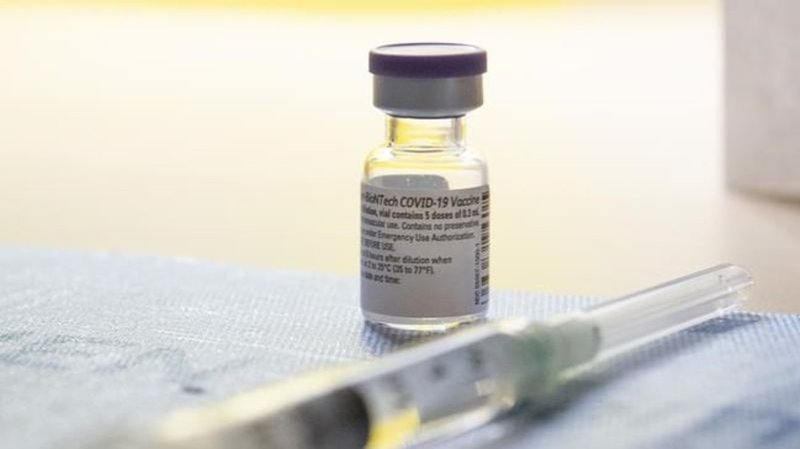
Year in review: A look at news events in December 2020
A look at news events in December 2020:
01 – U.S. President Donald Trump’s science adviser announced he is leaving his post. Dr. Scott Atlas, who had no formal experience in public health or infectious diseases, gained infamy for his skepticism of measures to control the coronavirus outbreak. Atlas joined the White House in the summer, clashing with top government scientists as he resisted stronger efforts to contain the COVID-19 pandemic.
01 – The end of November meant the official end of the record-setting 2020 Atlantic hurricane season. The season produced 30 named storms, including 13 that reached hurricane status.
02 – Johnson & Johnson began the process of applying for emergency approval of its COVID-19 vaccine from Health Canada and the European Medicines Agency. In what’s called a rolling submission, the drug maker sent regulators in Canada and the EU early testing data from its experimental one-dose vaccine.


